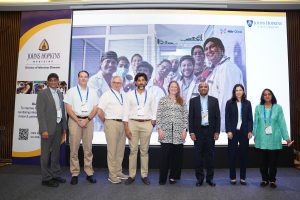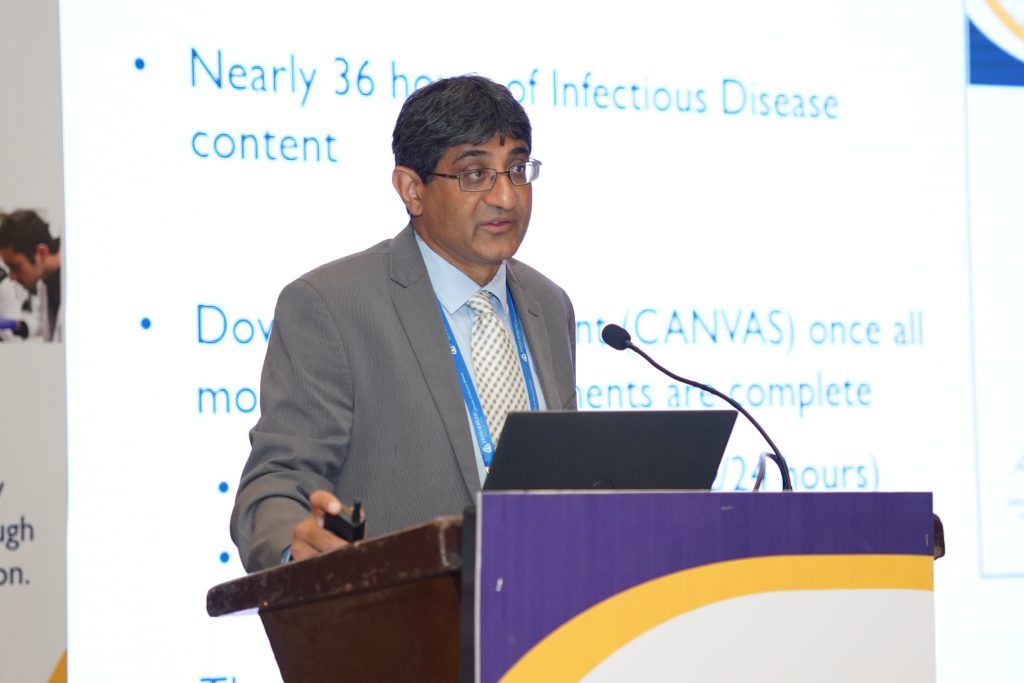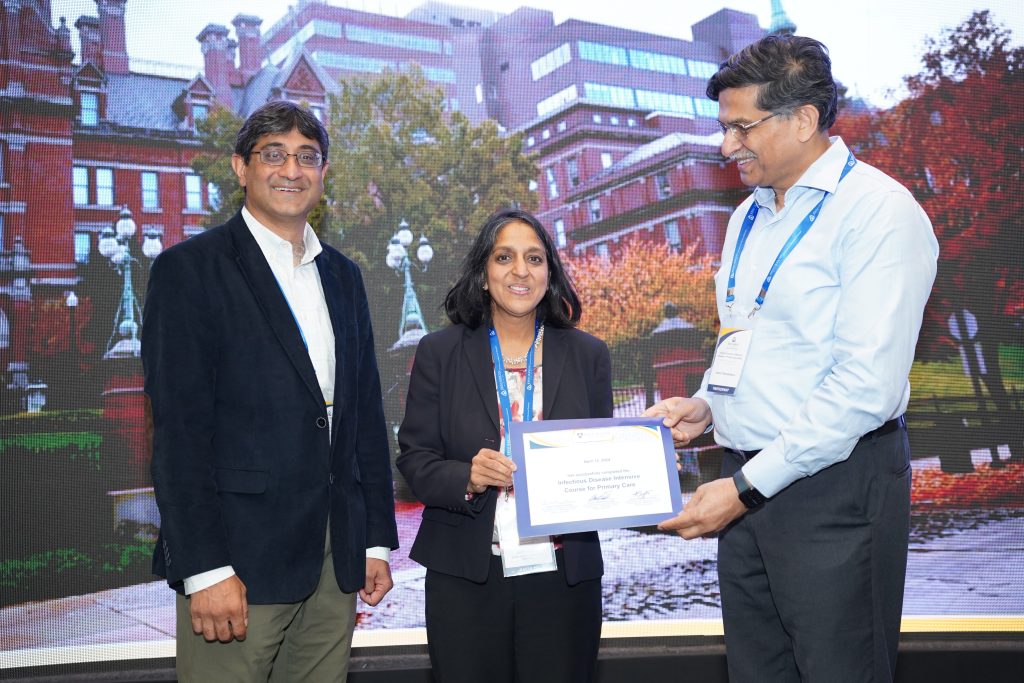Preparing Health Professionals to Manage Infectious Diseases
Highlights from the Intensive Program on Infectious Diseases in Primary Care
The Division of Infectious Diseases at Johns Hopkins School of Medicine recently organized an in-person conference, led by Dr. Maunank Shah, MD, PhD, Assistant Professor of Medicine. as part of their Intensive Program on Infectious Diseases in Primary Care.
This initiative aimed to address a critical need for high-quality continuing medical education on infectious diseases among primary care clinicians, microbiologists, pharmacists, and other related health professionals in India. Prior to developing the course, a needs assessment conducted in collaboration with ClirNet highlighted a substantial knowledge gap. Out of 450 physicians surveyed, 75% expressed a lack of comprehensive knowledge in infectious diseases. Similarly, a significant proportion indicated a strong desire for an in-depth certificate course, preferably in a hybrid online and in-person format. Taking these findings into account, the program was meticulously designed with detailed input from colleagues and partners in India, focusing on knowledge acquisition and active engagement.

The course offered 8 online modules covering 16 hours of material, complemented by a two and a half day intensive in-person conference. This format allowed participants to delve into case-based discussions and content tailored to the Indian healthcare context. The course focused on instructing clinicians and health care professionals on infectious diseases commonly encountered from outpatient clinics to emergency departments to hospitals, and to offer clinical decision-making opportunities to advance learning. Course participants received a certification of completion from Johns Hopkins School of Medicine at the end of the course.
“Our vision was to deliver a program that surpassed standard medical conferences, providing longitudinal engagement and fostering mastery of infectious disease management,” explained Dr. Maunank Shah, lead organizer of the program.
Integrating Local Perspectives to Foster Collaborative Learning
The program successfully brought together Johns Hopkins faculty and esteemed infectious disease specialists from India, such as Dr. Rajeev Soman and Dr. George Varghese, to ensure valuable local perspectives complemented the expertise of the Johns Hopkins team. This collaborative approach fostered a sense of community and shared purpose among the participants.
The conference saw enthusiastic participation from more than 90 individuals, including physicians, medical students, microbiologists, and pharmacists. Feedback was overwhelmingly positive, with over 80-90% of attendees rating the sessions as “excellent” or “very good.”
“The positive feedback we received underscores the need for continued education in this field,” added Dr. Shah. “We are already planning to offer this primary care program annually, potentially expanding its size and reach.”
Additionally, the online version of the program will continue to be available, providing a flexible learning option for those unable to attend in person. The organizing team has also noted a growing interest in more advanced programs on infectious diseases, addressing topics such as antimicrobial resistance, invasive fungal infections, and transplant-associated infections.







